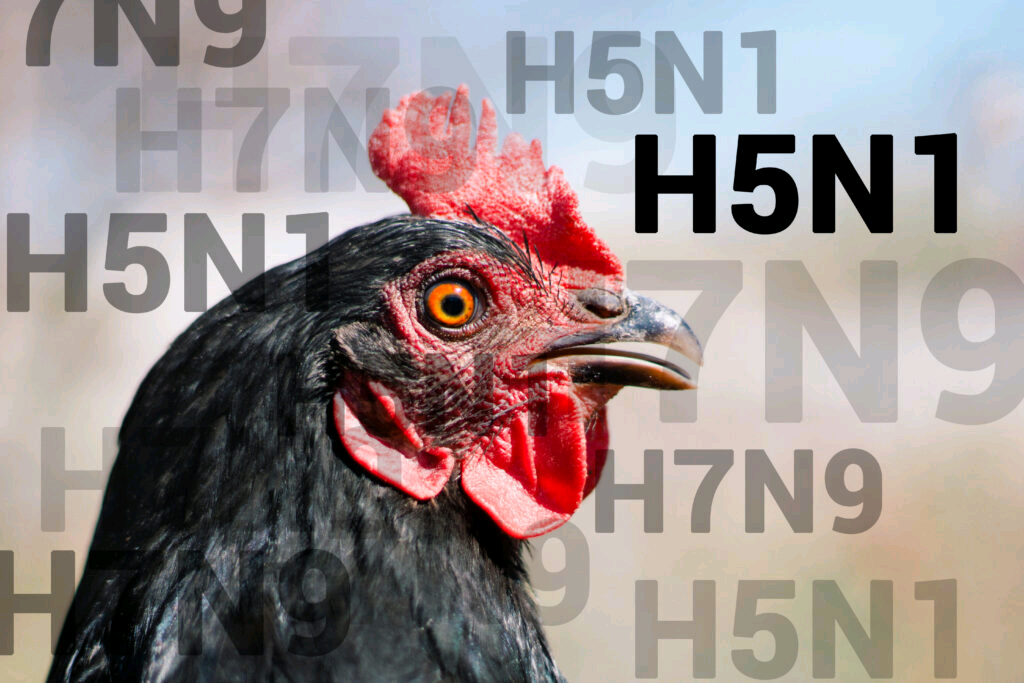
France has officially announced an end to the series of avian flu outbreaks in poultry. According to official reports, there has been a recent decrease in new cases of highly pathogenic avian influenza in domestic poultry across Europe. For the first time this year, no new outbreaks of this type of avian flu have been reported in 21 European Union member states and neighboring regions.
Since the beginning of 2023, there have been a total of 385 outbreaks of highly pathogenic avian influenza in commercial poultry, as reported to the European Commission’s Animal Disease Information System up to August 20.
The number of countries reporting cases in poultry remains at 21, including Turkey and the French overseas territory of Reunion. France has had the highest number of confirmed outbreaks, with 152 cases. However, the veterinary authority in France has officially declared that the long-standing outbreak series is now “resolved.”
Since November 2021, the national veterinary authority in France had reported a total of 1,775 outbreaks linked to the H5N1 virus serotype in poultry farms to the World Organisation for Animal Health. This had resulted in the culling or mortality of over 21.6 million commercial birds. No new cases have been reported since July 11, according to the agriculture ministry.
In response to this situation, the ministry of agriculture in France has published plans to prevent another wave of avian flu outbreaks, which includes limited use of vaccination.
In addition, there have been recorded cases of HPAI outbreaks among captive birds, covering backyard poultry, zoos, and similar premises. Fifteen countries have reported a total of 89 such outbreaks to the European Commission so far this year.
While the situation in most parts of Europe seems to be improving, Russia and Scotland have been facing ongoing challenges. In Russia, after a period of no HPAI cases, the H5N1 virus was detected again on a farm in August, affecting nearly 3.2 million poultry. In Scotland, there have been six additional outbreaks linked to the H5N1 virus variant, affecting various types of birds across different locations.
Please note that this paraphrased version retains the core information while rephrasing it in a more concise manner.




